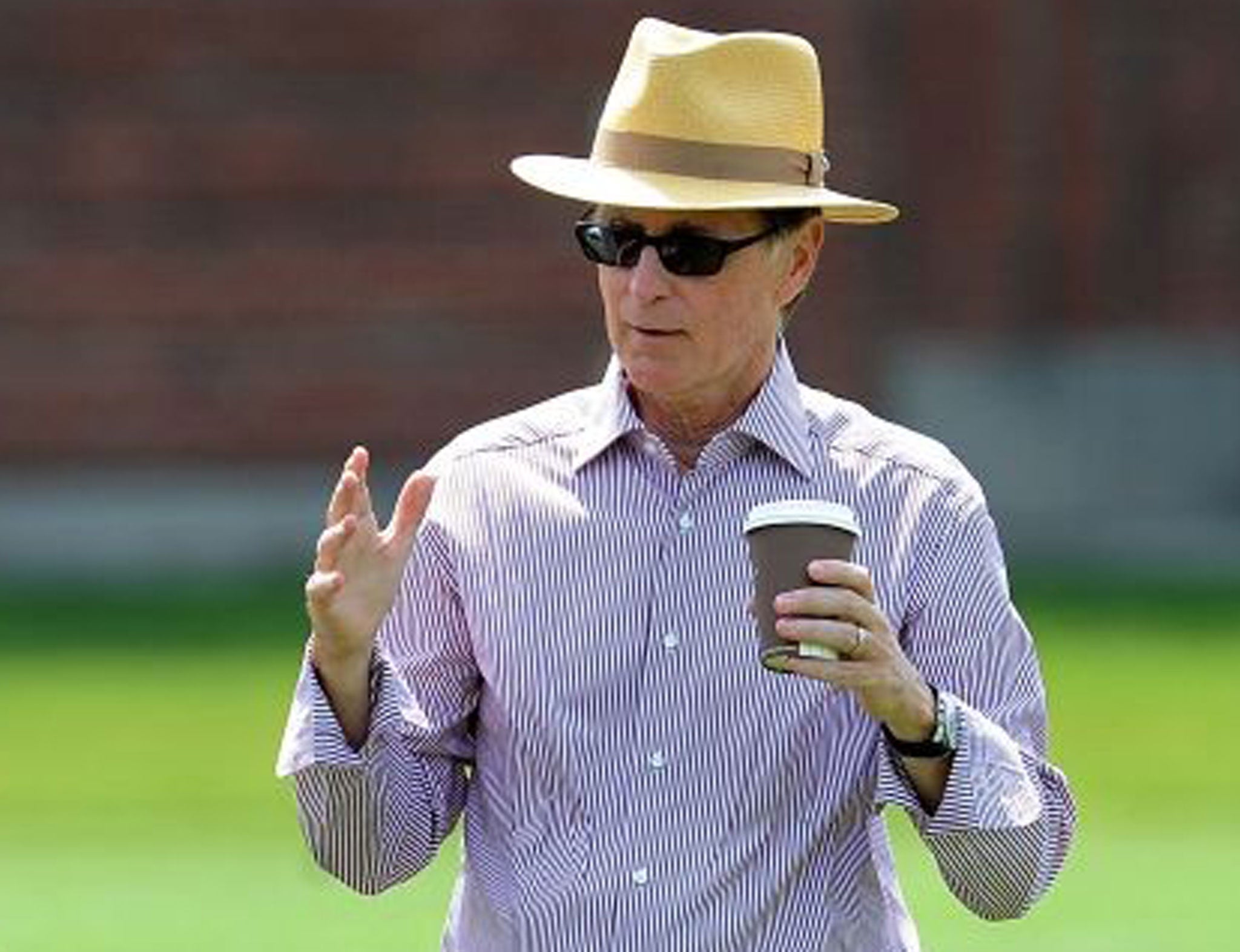Manchester United and Arsenal among clubs threatening legal action to ensure Uefa's FFP rules take effect
Governing body coming under scrutiny to tighten loopholes and prevent huge losses

Your support helps us to tell the story
From reproductive rights to climate change to Big Tech, The Independent is on the ground when the story is developing. Whether it's investigating the financials of Elon Musk's pro-Trump PAC or producing our latest documentary, 'The A Word', which shines a light on the American women fighting for reproductive rights, we know how important it is to parse out the facts from the messaging.
At such a critical moment in US history, we need reporters on the ground. Your donation allows us to keep sending journalists to speak to both sides of the story.
The Independent is trusted by Americans across the entire political spectrum. And unlike many other quality news outlets, we choose not to lock Americans out of our reporting and analysis with paywalls. We believe quality journalism should be available to everyone, paid for by those who can afford it.
Your support makes all the difference.Premier League clubs are prepared to take legal action, if required, to prevent the division's big spenders evading Uefa's financial fair play rules.
With four of the leading top-flight clubs having reiterated, in writing, their demand for Uefa's full financial fair play (FFP) rules to be brought in to the Premier League, it is becoming clear that some will take recourse to the courts, if necessary, should Uefa not rigorously enforce it. Only when Uefa's way of operating FFP is seen in practice will those clubs who are in favour know if such action is required, but a number of proprietors have made investment decisions in clubs on the basis of FFP being introduced.
Liverpool's principal owner, John W Henry, has said that his own decision to purchase the club, in 2010, was in part based on a knowledge that FFP would introduce a level playing field several years later. Henry was deliberating over whether to buy the club when one of his commercial executives, Joe Januszewski, emailed him to say he thought the club's appeal had increased because of FFP rules preventing clubs sustaining huge losses under wealthy benefactors to spend on players' wages.
Henry said in his first meeting with newspaper journalists after buying Liverpool that it didn't matter he lacked a "'Sheikh' in front of my name" because FFP would deliver a level playing field. When it was put to him Manchester City, Real Madrid or anyone else will find a way around the Uefa break-even rules, he replied: "You're cynical. If the FFP rules were ridiculous or not that strong, why was the transfer window down 25 per cent last year? The clubs have to comply." His interest in Liverpool "would be less" if that regime were not imminent. Arsenal's own business model is based on similar assumptions.
City's £97.7m losses for the last financial year left them facing a severe challenge to comply with Uefa's FFP targets, which allow accumulative losses of £38m for last season and this. The results also included the first of several puzzling figures in big-spending clubs' accounts – a £13m take for intellectual property sales – which have helped the clubs get nearer to the FFP allowable losses.
City have not yet explained what the £13m covers. Neither have Chelsea explained the £18m "exceptional share profit" item detailed in their accounts, which were released last week. Both items were highlighted by the leading FFP analyst Ed Thompson, author of the financialfairplay.co.uk website.
These odd figures illustrate what a minefield Uefa faces in satisfying willingly compliant clubs that they are scrutinising the rest. The president of the Qatari-owned Paris Saint-Germain, Nasser Al-Khelaifi, has attempted to justifying the club's extraordinary new commercial partnership with the Qatar Tourism Authority (QTA), which promises to be hugely controversial.
The deal, worth twice the club's revenues for the 2010-11 season, looks like an under-the-counter way of financing the club by PSG's owners Qatar Sports Investments, who, like QTA are tied to the state of Qatar. But if Uefa cannot demonstrate that the deal is a "related party transaction," the governing body cannot challenge the deal.
At Liverpool, Henry is known to be unhappy about the transparency of City's £400m sponsorship deal with the Abu Dhabi airline, Etihad, though there is a strong case to be made for its probity – despite Etihad paying out a world-record sum, having failed to make a profit in its seven years of existence.
Henry's managing director at Anfield, Ian Ayre, said last year that "the rules are rules and should be hard and fast. What will kill the initiative, or certainly stifle it, is people easing themselves into it rather than the rules applying and everyone operating within them".
Though a long way from break-even, City did record a halving of their previous year's losses and are hopeful Uefa will credit them for trying to drive down the losses, before deciding on any sanctions.
Hey big spenders: transfer deals
* Transfer dealings made since Manchester City were taken over by the Abu Dhabi United Group on 1 September 2008:
Man City Expenditure: £515m; Revenue: £124m; Net profit: -£391m
Chelsea Expenditure: £330m; Revenue: £79m; Net profit: -£251m
Liverpool Expenditure: £241m; Revenue: £203m; Net profit: -£38m
Spurs Expenditure: £201m; Revenue: £186m; Net profit: -£15m
Man Utd Expenditure: £197m; Revenue: £141m; Net profit: -£56m
Arsenal Expenditure: £140m; Revenue: £168m; Net profit: +£28m
Join our commenting forum
Join thought-provoking conversations, follow other Independent readers and see their replies
Comments